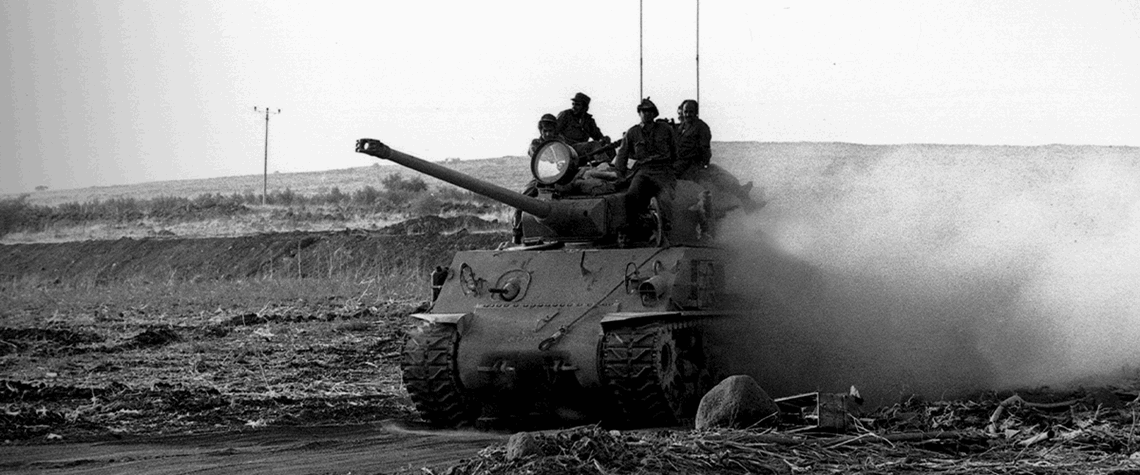How the Yom Kippur war changed OPEC
Half a century after the 1973 conflict, the world is dramatically different. But OPEC’s power remains
October will see the 50th anniversary of the Yom Kippur War, which resulted in an Israeli victory against Egypt, Syria and other Arab forces. As well as being an important event geopolitically, the fallout from the conflict profoundly changed oil markets by giving a new lease of life to the previously inert OPEC. Everything in the oil markets changed at the end of 1973, but 50 years later, OPEC is still powerful. Since 1973, the global economic balance of power has shifted eastwards following the rise of Asian economies, particularly China and, more recently, India. The OECD countries had a 69% share of global GDP in 1973; by 2022 this was down to 39%. The Soviet Union collapsed in 1991 and

Also in this section
26 February 2026
OPEC, upstream investors and refiners all face strategic shifts now the Asian behemoth is no longer the main engine of global oil demand growth
25 February 2026
Tech giants rather than oil majors could soon upend hydrocarbon markets, starting with North America
25 February 2026
Capex is concentrated in gas processing and LNG in the US, while in Canada the reverse is true
25 February 2026
The surge in demand for fuel and petrochemical products in Asia has led to significant expansion in refining and petrochemicals capacities, with India and China leading the way







